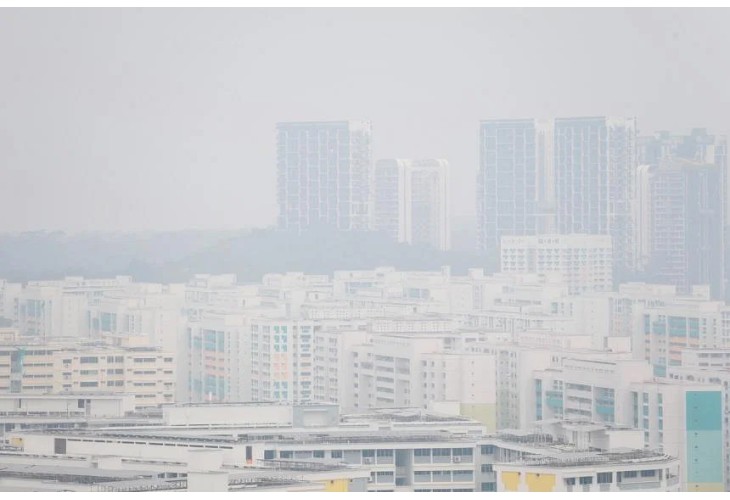
Commenting on the possibility of Singapore being affected by haze in the second half of the year, SMU Associate Professor of Science, Technology and Society Winston Chow said it is unlikely the country will see strong transboundary haze from Sumatra or Kalimantan as the wetter-than-normal conditions in the region over the past two years would mean that soil moisture levels are relatively high in at-risk regions there. Singapore skies have been mostly haze-free over the past two years due to La Nina, but efforts by Indonesian stakeholders - including government, oil palm and paper plantation corporations, and small-scale farmers - to reduce fire risks have also helped to keep the air clear, said Assoc Prof Chow. The current low risk of haze may change if there is an uptick in large-scale deforestation between June and October, mainly through uncontrolled fires, added Assoc Prof Chow.